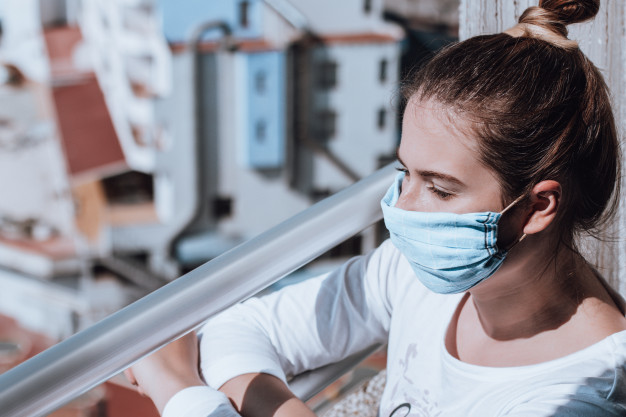“With covid-19, we have built a lifeboat, which is still far from the shore,” quoted an epidemiologist. By stating this quote, he refers to the difficulties we are facing and will face in the future. Right now we are just a boat looking for a shore in the middle of ocean.
Outbreak of COVID-19
The first cases were reported to the world health from a city in China called Wuhan. The reports comprised people facing difficulties in breathing and pneumonia without a certain cause during October 2019. According to old novels in china, the cause was named coronavirus.
The virus started to increase from cities to nations to the whole world by 2020. It was then the situation risen from an epidemic to a pandemic. The spread started from china to Europe to the Southeastern regions to the western hemisphere affecting many people, businesses, travel, and school. International flights were called off, and the statement of lockdown was issued in every contaminated country to prevent the virus from spreading.
In the following article, we will be focusing on the effects of COIVD-19 on the education of a student.
How Coronavirus Affected the Education
As a prevention to stop the spread of the virus, public venues such as offices, schools, and universities were shut down to stop people from getting exposed to the virus. Everyone was asked to stay at home.
By shutting down schools; ensured that students can decrease the interactions with their classmates during school timings and prevent the further spread of the virus while the healthcare system comes up with a cure.
Following are the effects of COVID-19 so far till now:
By the end of 2020, it was estimated that 825 million students were affected by the shutting of school to prevent the virus. According to UNICEF supervising, 23 nations were still in nationwide lockdown, and 40 are in local wide lockdowns, affecting about 47 percent of the student body in the whole world population. 112 countries were continuing their school curriculum regularly.
On 23rd march 2020, the Cambridge international examination boards proclaimed the cancellation of Cambridge O levels, Cambridge AS and A level, Cambridge IGSCE, Cambridge AICE diploma, and Cambridge Pre-U examinations for the May/June 2020 session all over the world. International baccalaureate examination sessions have also been canceled. Furthermore, Advanced Placement Examination, SAT management, and ACT management have either been called off or moved online.
The shutting down of school did not only affect the students, teachers, and families. Instead, it had far-reaching economic and social disparities. The closure of schools was initiated due to the spread of pandemic spread through several social and economic sectors that comprised student debt, digital learning, food shortage and homelessness, and the availability of childcare, healthcare, housing, internet, and disability services.
The effect was more damaging for the children and their families who already at a disadvantage; initiating learning interruptions, bargained nutrition, child issues, and the typical salaries for families were not enough.
By the statement of Studi Econmici Dell’Ocse studies, school performance pivots crucially on establishing close bonds with teachers. This is specifically true for students from worse backgrounds, such as students who did not have any parental support during their learning phase and was managing their funds on their own.
A parent who is working might avoid work to take of their children at home, incurring wage decrement in multiple ways and negatively affecting productivity. Local school lockdowns placed a burden on schools as parents and administrators asked children to attend schools that are open.
Steps taken against it
Online Learning
Distance education, which uses online programs to substitute teachers with instructional material that students learn independently, is another way for students to continue their studies. The internet has always been a source of aid for a student. It offered cheap dissertation writing services UK online for students stuck with their college thesis and academic guidance for others. But ever since the widespread of COVID-19, these services have become more approaching for students.
Free Online Courses
Several online educational sites have advertised free educational resources for students around the world who are trapped at home due to the pandemic and the disruption of regular education.
Parental Supervision
With young children coming home from school and their regular routines interrupted, parents must create schedules for children who usually attend school. Even with online courses, parents must assist younger children in using the device for education, and parents with elementary students are unable to function unless alternative plans can be made.
Final Thoughts
According to the rate of the spread of the virus and innovations made for its prevention, therefore, there will be more availability of options and services for a student to avail for their studies. There would be virtual learning programs and various school curriculum’s to help a student. The future seems to be bright for a learner.
















